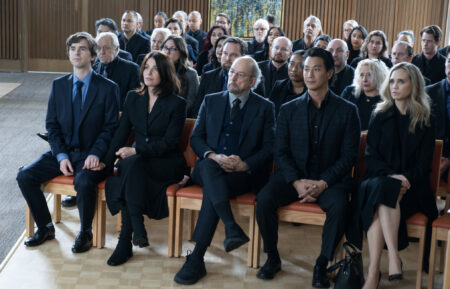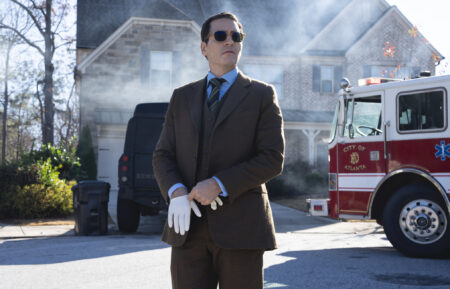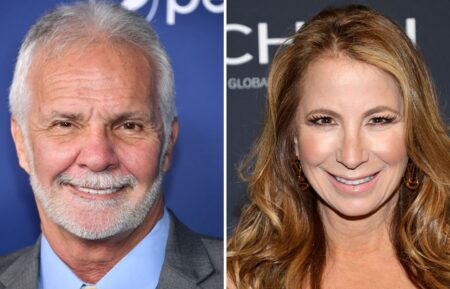Why Leonard Nimoy’s Memory Will Forever Prosper
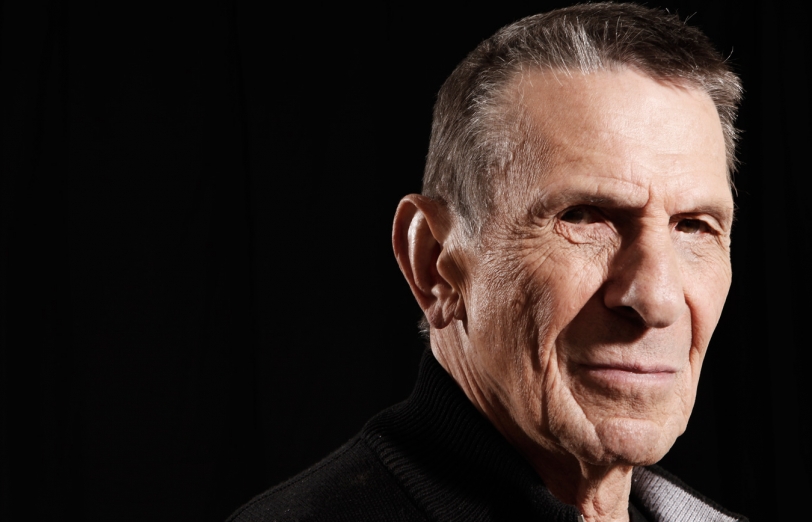
It doesn’t seem logical.
The man who brought the immortal Mr. Spock to life, transforming what could have been a pointy-eared camp icon into an admired paragon of otherworldly wisdom and, yes, humanity, died Feb. 27 at 83 of end-stage chronic obstructive pulmonary disease. As Leonard Nimoy lived long, pop culture prospered, along with the enduring legend of the cult science-fiction classic that made him famous.
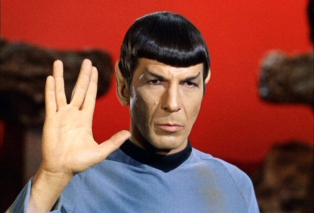 His character was often described as the conscience of Star Trek, whose impact carried far beyond the original show’s three-season NBC run in the late 1960s, into a series of movies and spinoffs. All were imbued with the ultimately optimistic vision of Trek creator Gene Roddenberry, who once said of Spock: “We’re all aliens on this strange planet. So people find identification with Spock.”
His character was often described as the conscience of Star Trek, whose impact carried far beyond the original show’s three-season NBC run in the late 1960s, into a series of movies and spinoffs. All were imbued with the ultimately optimistic vision of Trek creator Gene Roddenberry, who once said of Spock: “We’re all aliens on this strange planet. So people find identification with Spock.”
Nimoy’s portrayal of the half-human, half-Vulcan science officer Spock belied the cheesier aspects of traditional space opera with an aura of nuanced mystery and unassailable dignity, despite those ears. “I don’t want to play a creature or a computer,” he said in 1967. “Spock gives me a chance to say some things about the human race.” Spock’s often-repressed empathetic side made him more fascinating than the average alien, and there’s no denying the sincerity of his bromance with impulsive, loyal Capt. James T. Kirk (William Shatner).
Few shows, characters, or stars have had a more robust existence after premature cancellation. Nimoy would continue to play the role, which earned him three Emmy nominations, when Star Trek was revived for the big screen in 1979 with five original-cast sequels to follow, two of which he directed. He would reprise Spock in two episodes of the acclaimed syndicated spinoff Star Trek: The Next Generation, which inspired the writers of J.J. Abrams’ 2009 feature-film reboot in 2009 to woo him to play Spock Prime to Zachary Quinto’s younger version of Spock. (Ironically, Nimoy had previously turned down an offer to appear on Quinto’s Heroes series because “it seemed too stunty.”) Nimoy returned to TV in Abrams’ dark fantasy Fringe as the sinister William Bell.
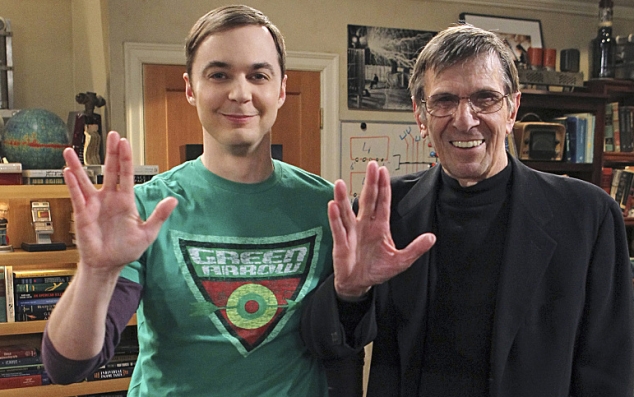
The modern embodiment of Spock can be found in Jim Parsons’ Emmy-honored portrayal of The Big Bang Theory‘s emotionally robotic genius Sheldon Cooper, who in a memorable 2008 Christmas episode is brought to tears when Penny gifts him with a napkin signed by his idol Nimoy (who would later voice a Spock action figure on the show).
There was more to Nimoy than Spock, of course. He wrote memoirs—one titled I Am Not Spock, the other I Am Spock, reflecting his ambivalence and ultimate acceptance toward the role—as well as books of poetry, was an avid photographer, and as a film director, had a major comedy hit with 3 Men and a Baby. (Less successful were his occasional forays into music.) He lent his sonorous speaking voice to animated films and documentaries, and was narrator of the A&E series Ancient Mysteries.
Nimoy’s final message on Twitter, posted four days before his death, read: “A life is like a garden. Perfect moments can be had, but not preserved, except in memory.”
A life is like a garden. Perfect moments can be had, but not preserved, except in memory. LLAP
— Leonard Nimoy (@TheRealNimoy) February 23, 2015
Thanks to the powerfully enigmatic presence he projected for decades as Mr. Spock, Nimoy’s memory will forever prosper. It’s only rational.


